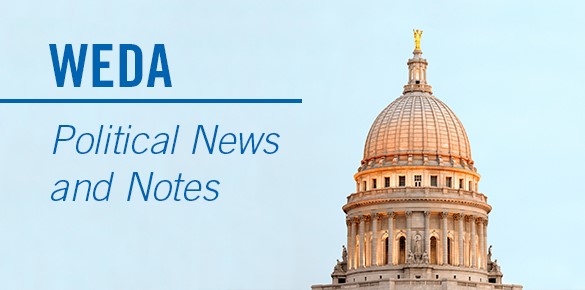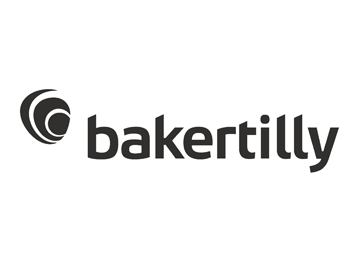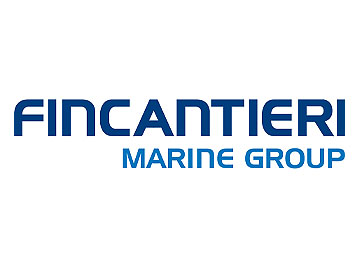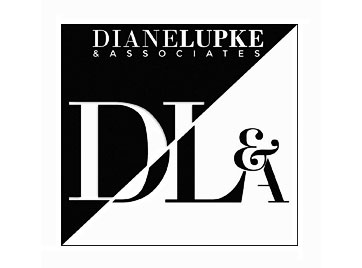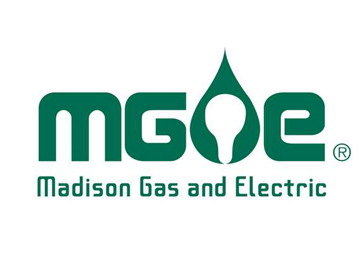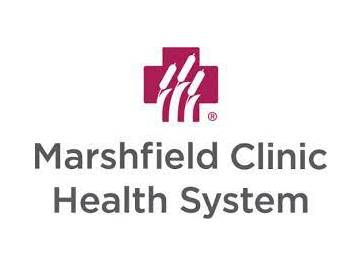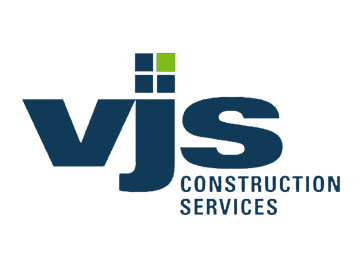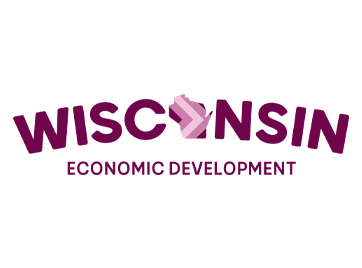WEDA’s talent attraction legislation ready for introduction
WEDA understands economic growth is highly dependent on the presence of a strong talent pipeline that meets the workforce needs of the business community. In fact, attracting young, skilled professionals is a critical component to regional and statewide economic prosperity. Unfortunately, between an aging population, near record low unemployment, and difficulty attracting new residents, Wisconsin does not have enough workers to fill current job openings.
There is certainly no magic bullet to solve the state’s workforce shortage crisis, but WEDA is committed to being part of the solution. In fact, WEDA has been working with key legislators for months on a unique, bold talent attraction proposal that will be introduced as legislation in the next week. The bill was authored and is being introduced by Sen. Patrick Testin (R-Stevens Point), Rep. Dave Murphy (R-Greenville), and Rep. Warren Petryk (R-Eleva).
The proposed legislation will help strengthen Wisconsin’s workforce by targeting an educated, work-ready population often overlooked: Out-of-state students that attend Wisconsin’s public colleges and universities.
Each year, over 3,000 non-resident students graduate from UW System intuitions. Unfortunately, over 90 percent of them leave Wisconsin within two years after graduation. The proposed bill will help reverse this trend by offering out-of-state graduates the opportunity to earn “in-state tuition” by remaining in Wisconsin for two years after graduation to live and work – as well as pay taxes and contribute to the state’s economy.
Once eligible, individuals would be reimbursed, in equal payments over five years, 50% of the difference between in-state tuition and what they were charged for non-resident tuition. They would lose eligibility under the grant program if they leave the state or stop working. In addition, the grant program will sunset after 10 years.
Non-resident students are a prime target population, as they already understand the value of living in Wisconsin. The bill would simply provide an extra, and seemingly necessary incentive to encourage them to become permanent Wisconsin residents. The legislation provides the forward-thinking type of policy that is necessary to fill Wisconsin’s talent gap and meet the workforce need of businesses across the state.
With the current legislative session expected to end in late February, there is only a small window of opportunity to pass the bill this session. Adding to the challenge is the potential fiscal impact of the bill. The legislation could cost the state up to $15 million a year starting in 2019. Despite the challenges, WEDA will continue to educate lawmakers about the benefits of the bill and the need to address Wisconsin’s workforce shortage crisis with big, bold ideas.
Economic development proposals moving through the Legislature
The current session of the Wisconsin Legislature is winding down, with lawmakers planning to wrap-up their work by the end of February or shortly thereafter. As is usually the case during the end of session “frenzy” under the Capitol dome, hundreds of bills are being developed, introduced, and pushed through the legislative process. A handful of key economic development-related bills are part of the frenzy and are currently being considered by the legislature.
Please find below a status update on WEDA priority legislation that has seen recent activity in the State Capitol:
Historic Tax Credit Restoration Bill (SB 668 / AB 793)
- Summary: The governor’s partial veto of the 2017-19 state budget bill significantly modified the state’s historic tax credit (HTC) program. Beginning in July 2018, HTC awards will be limited to $500,000 per project/parcel. Unless addressed by the Legislature, the veto will significantly diminish the success and economic reach of the program. SB 668 / AB 793 will increase the per project cap to $3.5 million, reestablishing the credit as an effective redevelopment tool for local communities and main street Wisconsin. It will preserve the HTC program as a key driver of economic activity.
- Status: The legislation was passed on a unanimous vote by the Senate Revenue, Financial Institutions, and Rural Issues Committee. The Assembly Ways and Means Committee is expected to pass the bill next week. A special thank you to WEDA member Matt Mikolajewski for testifying in favor of the bill on behalf of WEDA before the Assembly Committee.
TID-Subtraction Bill (SB 578 / AB 659):
- Summary: Current law allows a municipality to subtract territory from a Tax Incremental District (TID) prior to the termination of the whole TID. Unfortunately, if a municipality subtracts territory from a TID, current law does not allow for a levy-limit adjustment – not at the time of the subtraction, nor at the time of the termination of the entire TID. Therefore, there is no incentive for a local unit of government to subtract territory from a TID, even if it’s in the best interest of the district or local property taxpayers. SB 579 / AB 659 would fix this unintended “flaw” in state TIF law. The bill would permit municipalities that subtract territory from a TID to increase their levy limit by an amount equal to 50% of the subtracted territory’s value increment. It’s common-sense legislation that would incentivize municipalities to use the TID territory subtraction process, which could result in additional local tax revenue, immediate property tax relief, and new economic development opportunities.
- Status: The legislation was recently approved unanimously by key committees in both the Assembly and Senate. The full Assembly will vote on the bill next week. A special thank you to WEDA member Mike Harrigan for testifying in favor of the bill on behalf of WEDA before the Assembly committee.
Talent Attraction Marketing Bill (SB 679 /AB 811)
- Summary: The legislation will provide $6.8 million in funding to build off WEDC’s Think-Make-Happen marketing platform, expanding its reach and focusing on key populations that are more likely to relocate to Wisconsin – including millennials from neighboring states and Wisconsin alumni. The legislation will also allow for greater collaboration and resource sharing among state agencies, which should result in a more consistent and effective marketing message that is needed to help attract skilled employees to Wisconsin.
- Status: The legislation recently received a public hearing before committees in both the Assembly and Senate. A special thank you to WEDA member Peter Thillman for testifying in favor of the bill on behalf of WEDA before the Assembly committee.
Quick Notes
QN – Wisconsin’s new 3% unemployment rate is tied for the lowest in state history. Using Bureau of Labor Statistics data, the WI Department of Workforce Development (DWD) recently announced Wisconsin’s unemployment rate was 3% in December, a slight improvement over November’s 3.2% rate. Click here to read DWD’s press release on the state’s latest employment figures.
QN – Another sign that the economy remains strong is the WI Legislative Fiscal Bureau (LFB) recently released update on the state’s fiscal situation. The LFB report estimates the general fund balance for the state at the end of the current budget biennium (June 30, 2019) will be $385.2 million. That’s over $137 million more than was original projected when the 2017-19 state budget bill was passed last fall. The estimated budget surplus is due to increased tax collections and reduced state spending that is expected over the remainder of the budget cycle.
QN – Earlier this week, Gov. Scott Walker announced a new employee training program to prepare workers for jobs in the electronic manufacturing industry. The Wisconsin Career Creator program will utilize the $20 million in funding for workforce training included in the Foxconn legislation passed last fall. The program will fund a number of initiatives, including expanded dual enrollment courses, scholarships for current workers to gain new skills and credentialing, and new state workforce training programs that focus on specific industry sectors. Click here to read the governor’s press release on the new program.
QN – Gov. Walker has called a special session of the Legislature to consider a number of bills that would modify the state’s current welfare programs, including legislation to boost work requirements for the FoodShare program and a proposal for to require drug screening for public housing.
QN – Gov. Walker will deliver his State of the State speech on Wednesday, Jan. 24 at 3pm.
QN – Democrats won control of a key, Republican-leaning state Senate seat in northwestern Wisconsin in Tuesday’s special election. Democrat Patty Schachtner, a local school board member and the St. Croix County medical examiner, beat GOP state Representative Adam Jarchow with nearly 55% of the vote. The 10th Senate District seat was vacated in November when former Senator Sheila Harsdorf stepped down to lead the state’s agriculture department. Hardorf, a Republican, had held the seat since 2001. Before Hasrdorf stepped down in November, the GOP held a 20-13 seat majority in the Senate. Once Schachtner is sworn-in, Republicans will have an 18-14 majority, with one vacant seat in the 1st Senate District. Former Senator Frank Lasse stepped down from the 1st SD seat at the beginning of the year to take a position in the Walker Administration.


